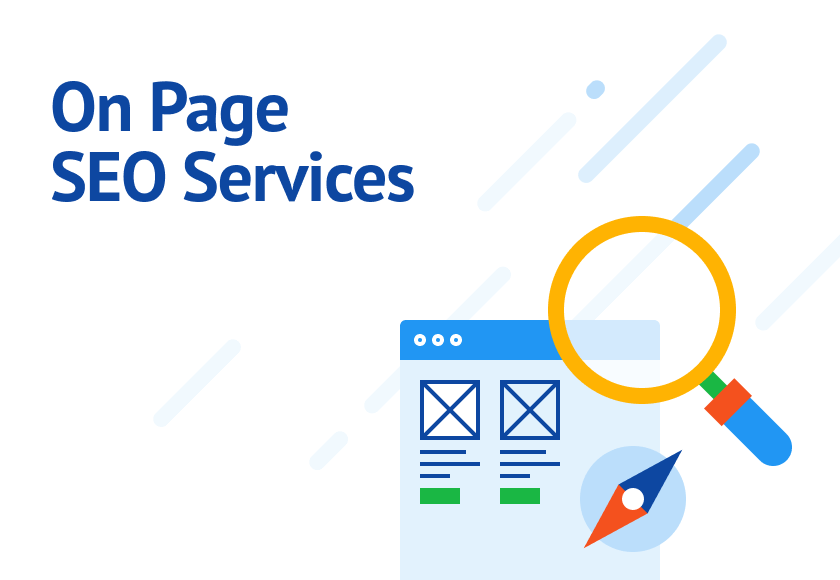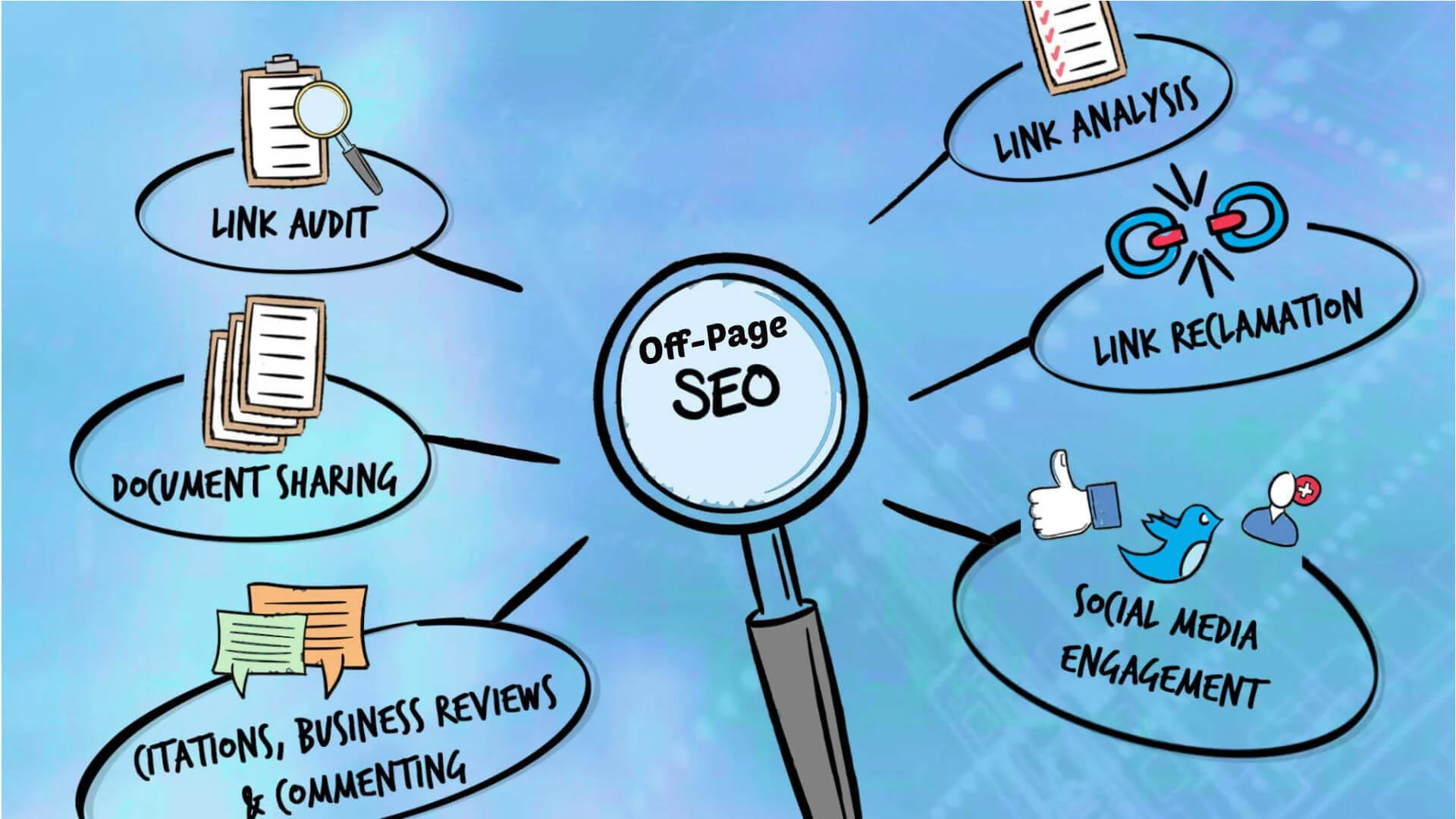You’re optimizing your website for search engines, and you’re wondering why meta tags are crucial for on-page SEO. The answer lies in their ability to help search engines understand your content, index it correctly, and rank it higher in search results.
With meta tags, you can provide concise descriptions of your pages, highlight relevant keywords, and even influence user engagement with compelling titles and descriptions. By crafting well-optimized meta tags, you can improve your website’s visibility, drive more traffic, and ultimately boost your online presence. As you explore the world of meta tags, you’ll discover even more ways to access their full potential.
What Are Meta Tags in SEO?
When optimizing your webpage for search engines, understanding what meta tags are and how they work is essential for improving your on-page SEO. You’re probably familiar with the term ‘meta tags,’ but do you know what they do?
In simple terms, meta tags are pieces of code within your webpage’s HTML that provide information about the content. They’re like labels that help search engines like Google understand what your page is about. These tags typically include title tags, meta descriptions, and meta keywords.
You’ll want to use meta tags to control how your webpage appears in Search Engine Results Pages (SERPs). For instance, a well-crafted meta description can entice users to click on your page. Additionally, meta tags can help search engines understand the structure of your webpage with structured data markup.
This is important because it can improve the visibility and relevance of your webpage in search results. By accurately representing your content, you’ll be able to improve your on-page SEO and drive more traffic to your site. So, take the time to optimize your meta tags – it’s worth the effort!
Importance of Meta Tags for Search Engines

Optimizing your webpage’s meta tags is essential because they play a crucial role in helping search engines understand the content and relevance of your page.
You see, meta tags are an important HTML element that provides essential information about your webpage’s content to search engines like Google. By incorporating key keywords into your meta tags, you’re aiding search engines in properly indexing your page, which can greatly enhance your visibility in Google Search Results.
Well-crafted meta tags can also influence how your webpage appears in organic search results, impacting user behavior and click-through rates. Rich snippets, for instance, can make your webpage stand out from the competition, driving more traffic to your site.
Additionally, meta tags are a ranking factor in search engine optimization, making them a crucial component of on-page SEO.
Types of Meta Tags for SEO

As you explore the world of on-page SEO, understanding the various types of meta tags is vital, and there are five key ones to focus on: title tags, meta descriptions, meta keywords, canonical tags, and schema markup tags. You’ll want to get familiar with each of these to optimize your website for search engines.
Title tags provide a concise description of a webpage, which is essential for search results and social media sharing. Meta descriptions, on the other hand, give users a preview of what your page is about, impacting click-through rates. Don’t worry too much about meta keywords – while they’re not as significant as they once were, it’s still a good idea to include your long-tail keywords here.
Canonical tags help resolve duplicate content issues, while schema markup tags provide structured data that enhances your content’s visibility and relevance.
Other notable mentions include HTML Meta tags, Open Graph tags for social media sharing, Robots Meta tags for crawling instructions, and Social Media Meta Tags for optimized sharing. By understanding these various meta tags, you’ll be well on your way to improving your website’s on-page SEO and driving more traffic to your site.
How to Optimize Meta Tags

Now that you know the types of meta tags that can boost your on-page SEO, it’s time to learn how to optimize them for maximum impact.
You’ll want to focus on writing effective title tags that grab users’ attention, crafting compelling descriptions that encourage clicks, and avoiding duplicate content that can confuse search engines and users alike.
Writing Effective Title Tags
Crafting effective title tags is an essential step in on-page SEO, as they serve as the clickable headlines that represent your webpage in search results and play a significant role in driving user engagement and click-through rates. When writing title tags, remember that they’re not just about listing relevant keywords, but also about enticing users to click through to your webpage. By optimizing your title tags with relevant keywords, you can improve your webpage’s visibility and search engine rankings.
To create compelling title tags, focus on being concise and descriptive, while also aligning with your webpage’s main theme. This won’t only help you attract users’ attention but also increase organic traffic to your webpage.
Regularly updating and optimizing your title tags is also essential to stay relevant and competitive in search engine results. By perfecting your title tags, you can give your webpage the best chance to stand out in search results and drive more traffic to your site.
Crafting Compelling Descriptions
While perfecting your title tags can greatly enhance your webpage’s visibility, you also need to focus on writing compelling meta descriptions that accurately summarize your content and entice users to click on your search result. Crafting these descriptions is an essential step in optimizing your meta tags, as it directly impacts your click-through rates and user engagement.
To get started, incorporate relevant keywords that align with your content, but avoid keyword stuffing – it’s a major turn-off for users and search engines alike.
Well-written meta descriptions not only improve your search results but also drive organic search traffic to your site. By providing an accurate summary of your content, you’re setting the expectation for what users can expect to find on your webpage. This transparency builds trust and encourages users to click on your result.
Regularly updating your meta tags to align with content changes is also crucial for maintaining relevance and SEO effectiveness. By mastering the art of crafting compelling descriptions, you’ll be well on your way to optimizing your meta tags and boosting your on-page SEO. This, in turn, will increase your online visibility and drive more traffic to your site.
Avoiding Duplicate Content
Frequently, duplicate content issues can arise on your website, but optimizing your meta tags, particularly canonical tags, can help prevent these problems and improve your SEO performance. When you have multiple versions of similar content, search engines may not know which one to prioritize.
That’s where canonical tags come in – they guide search engines to the original content source, making sure your website doesn’t get penalized for duplicate content.
Here’s how you can use canonical tags to avoid duplicate content issues:
- Specify the preferred version: Use the `rel=’canonical’` attribute in the HTML header of the original content page to indicate that it’s the preferred version.
- Point to the canonical URL: Use the canonical tag to point to the preferred version of the content, even if it’s not the current page.
- Consolidate link equity: Use canonical tags to consolidate link equity from similar content pages, reducing dilution.
- Use absolute URLs: Use absolute URLs in your canonical tags to avoid confusion and make certain that search engines can find the preferred content version.
Common Meta Tag Mistakes to Avoid

To maximize your on-page SEO efforts, you’ll want to steer clear of common meta tag mistakes that can harm your search engine rankings and overall online visibility. One pivotal error to avoid is keyword stuffing in your meta tags, as this can lead to penalties from search engines.
You should also avoid using outdated meta tags like the keywords meta tag, which is no longer considered relevant for SEO.
Don’t neglect your meta descriptions, as they play a crucial role in enticing users to click on your search results. Ensure proper implementation of meta robots tags to control search engine crawling and indexing behavior.
Another mistake to watch out for is using duplicate meta tags across different pages on your website, as this can harm your SEO effectiveness.
Role of Meta Tags in Content Ranking

As you optimize your webpages for search engines, meta tags play an important role in helping your content rank effectively by providing significant information that search engines use to understand and position your pages in search results.
You see, meta tags are a vital HTML element that greatly impacts on-page SEO. When you use them correctly, you’re giving search engines the necessary data to determine the relevance of your webpage content to specific search queries.
Here are just a few ways meta tags influence content ranking:
- Search Engine Understanding: Meta tags help search engines comprehend the context and meaning of your webpage content, enabling them to accurately position it in search results.
- Improved Visibility: Properly optimized meta tags contribute to higher visibility in search results, which, in turn, increases the chances of attracting organic traffic to your webpage.
- Click-Through Rates: A well-crafted meta tag can lead to higher click-through rates, as it serves as the first impression of your webpage in search results.
- Content Relevance: Meta tags like title, description, and keywords enable search engines to gauge the relevance of your webpage to specific search queries, impacting content ranking.
Best Practices for Writing Meta Tags

Crafting effective meta tags demands attention to detail, and by adhering to best practices, you can significantly enhance your webpage’s visibility and ranking in search results. To write compelling meta tags, concentrate on creating unique and descriptive title tags that incorporate relevant keywords. This will enhance your organic search rankings and increase click-through rates.
| Best Practice | Description | Impact |
|---|---|---|
| Distinct Title Tags | Integrate relevant keywords and descriptive text | 15% enhancement in organic search rankings |
| Captivating Meta Descriptions | Tempt users to click with a clear and concise synopsis | 20% boost in click-through rates |
| Routine Updates | Mirror changes in content to sustain relevance | Amplifies search engine visibility and relevance |
| Steer Clear of Keyword Stuffing | Employ keywords strategically to evade penalties | Vital for upholding search engine trust |
| Optimize for User Experience | Guarantee meta tags align with content and user intent | 10-20% surge in organic traffic |
To Recap
You’ve now grasped the significance of meta tags in SEO. By crafting compelling meta tags, you’re giving search engines a snapshot of your content’s relevance and value.
Think of meta tags as the sparkle that catches the search engine’s eye, drawing it to your webpage. By optimizing them, you’re amplifying your online presence and climbing the ranks of search engine results.
Precise, concise, and keyword-rich meta tags are the key to revealing better content ranking and driving more traffic to your site.








